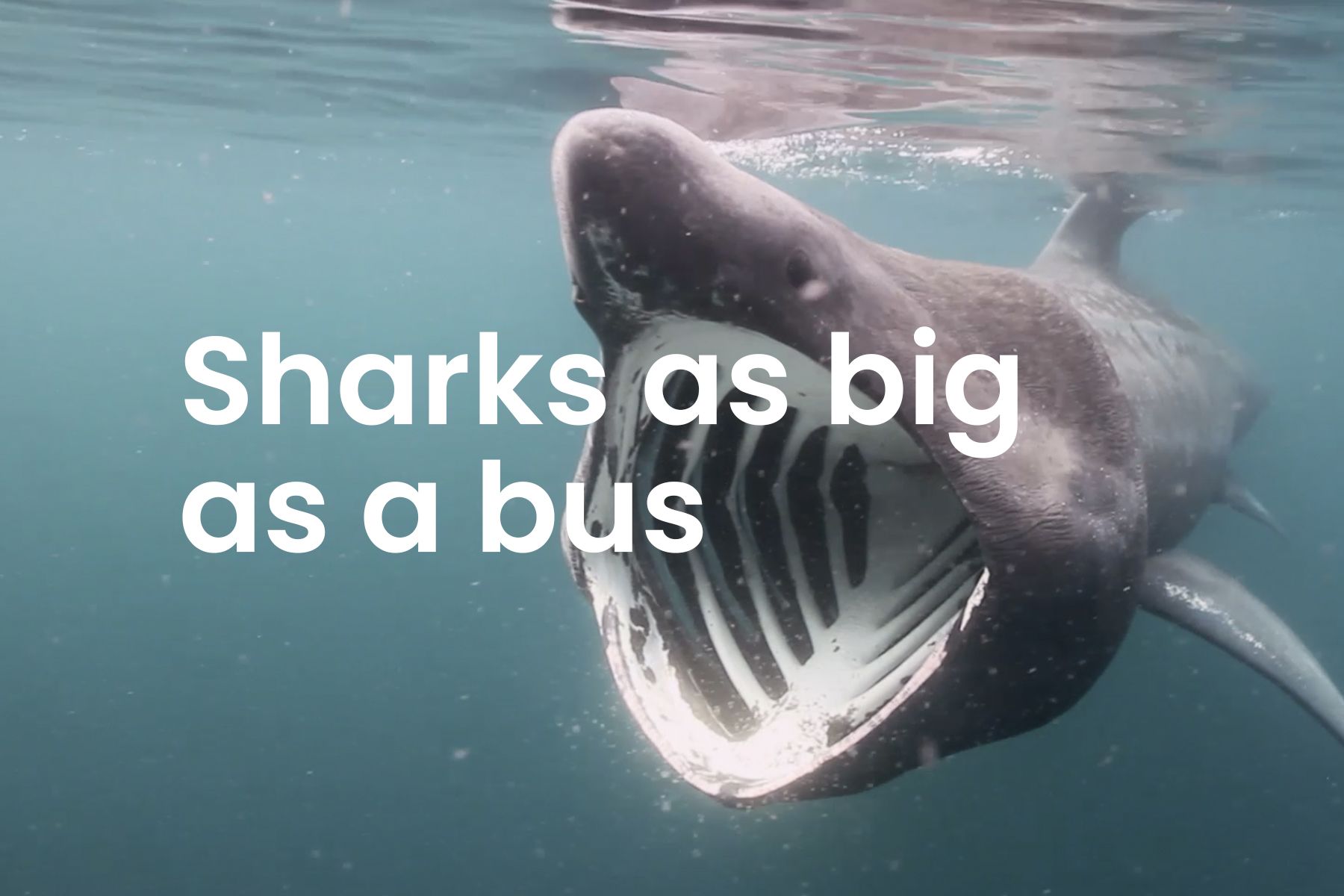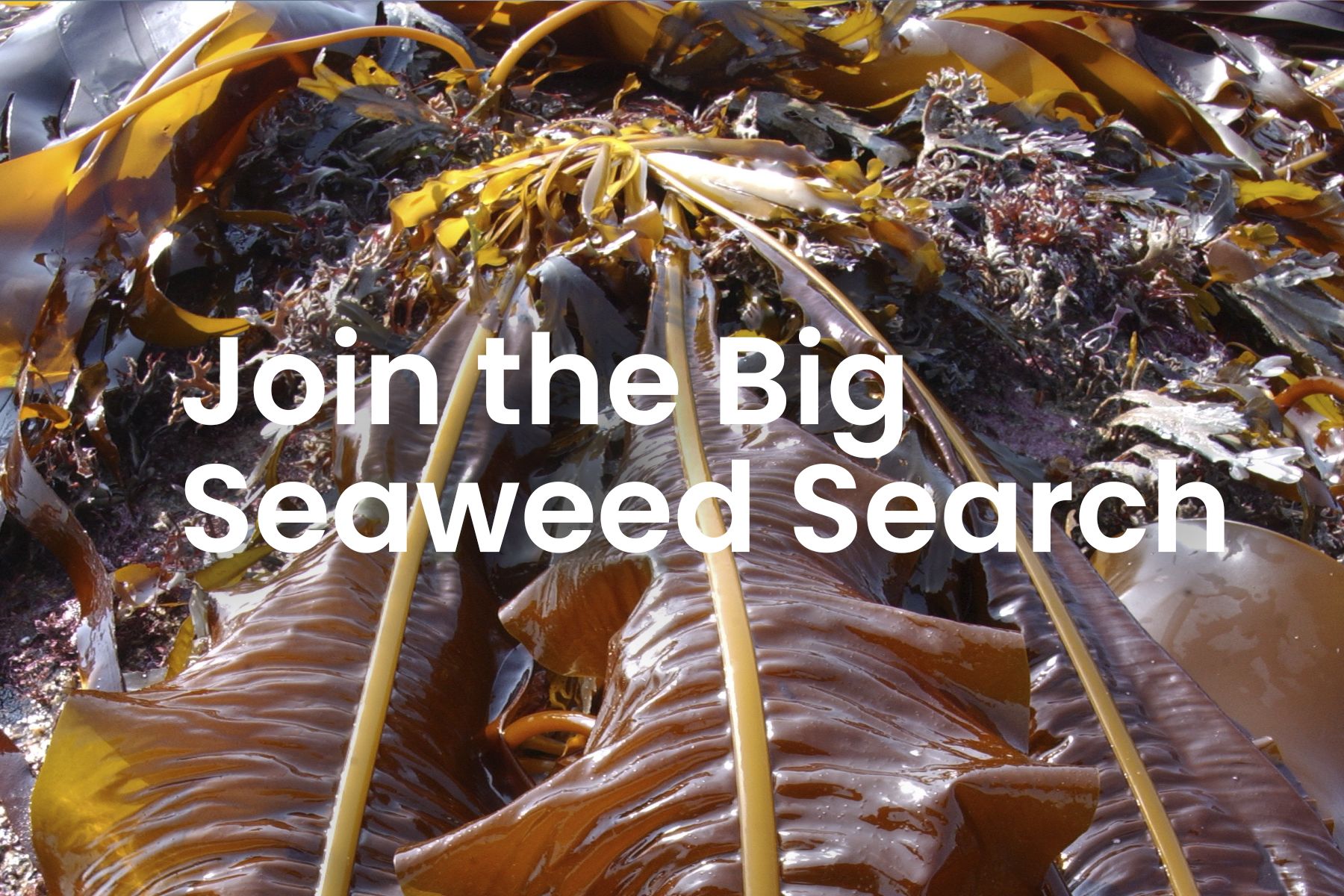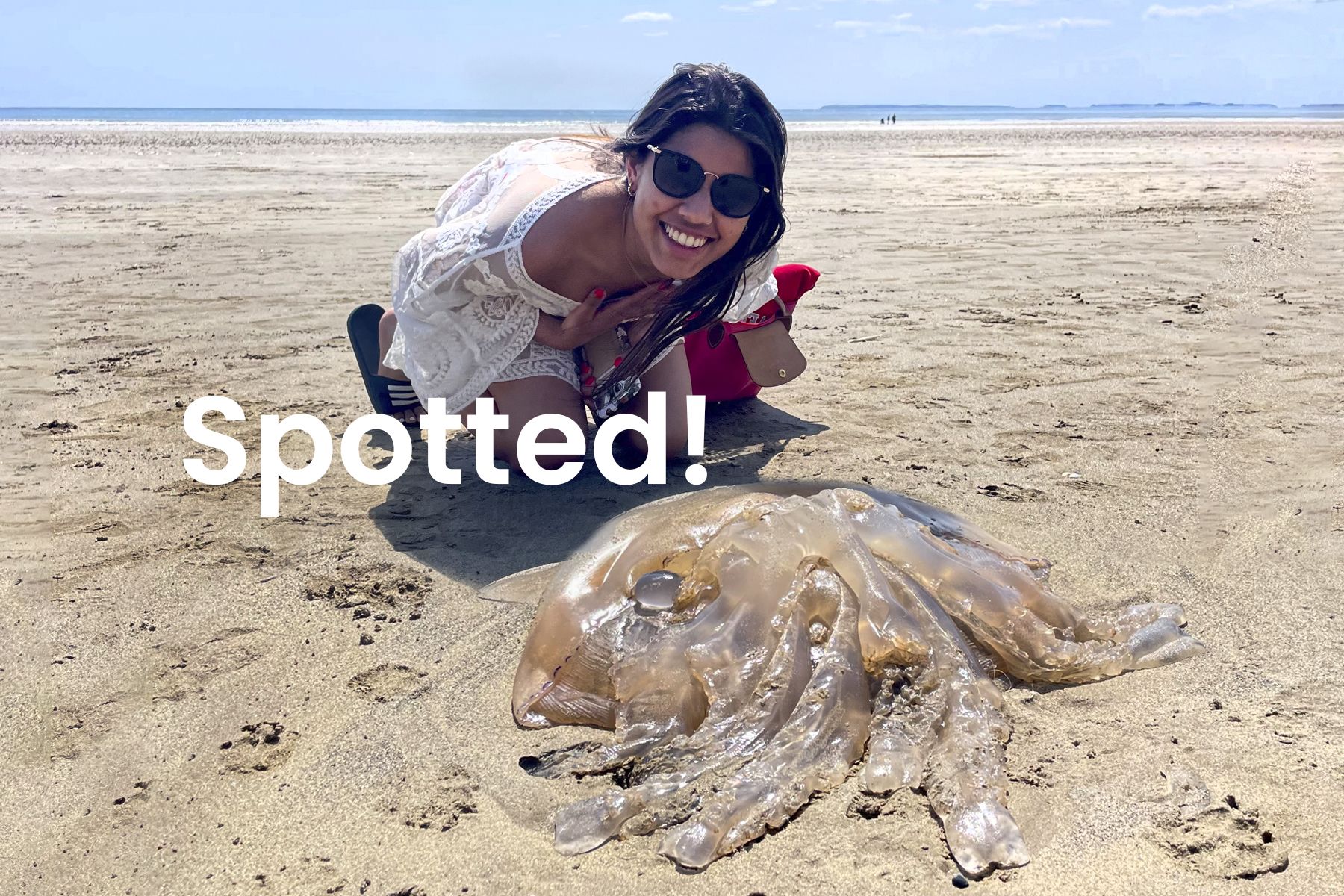
Our experts are here to help solve your ocean-related queries
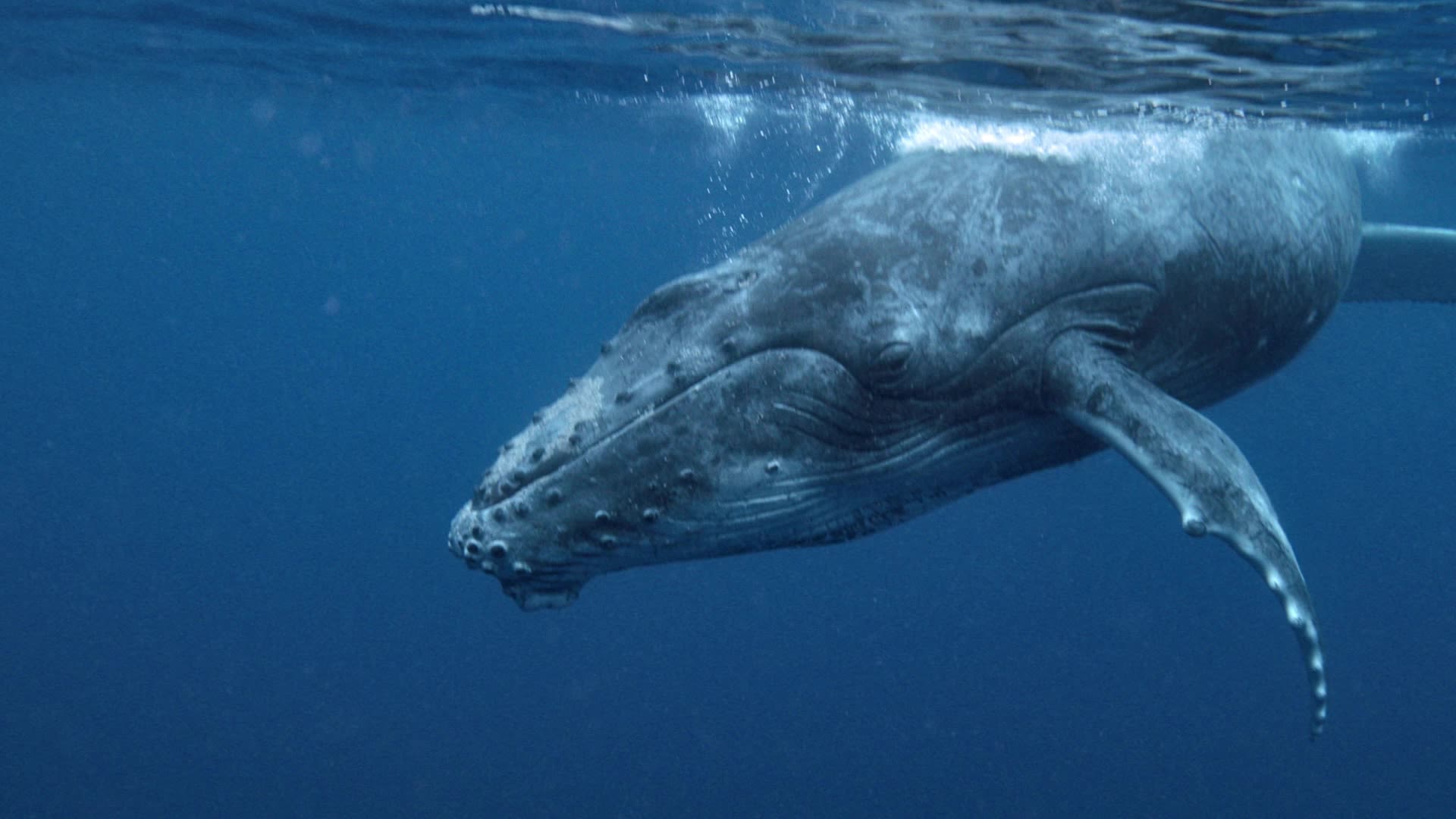

On 12th June 2023, the UK Government launched a consultation on expanding the Storm Overflows Discharge Reduction Plan to include all estuarine and coastal waters. Our High Court hearing from 4th to 6th July was seeking to compel the UK Government to expand its Plan to include these waters. The launch of this consultation is a great step in the right direction, and an opportunity to address sewage pollution in our seas.
We’re asking our community to respond to the consultation to ensure that our ocean is considered and included in the Plan. At the High Court in July, we continued to push for action on sewage pollution in our seas.
Click here for the latest updates.
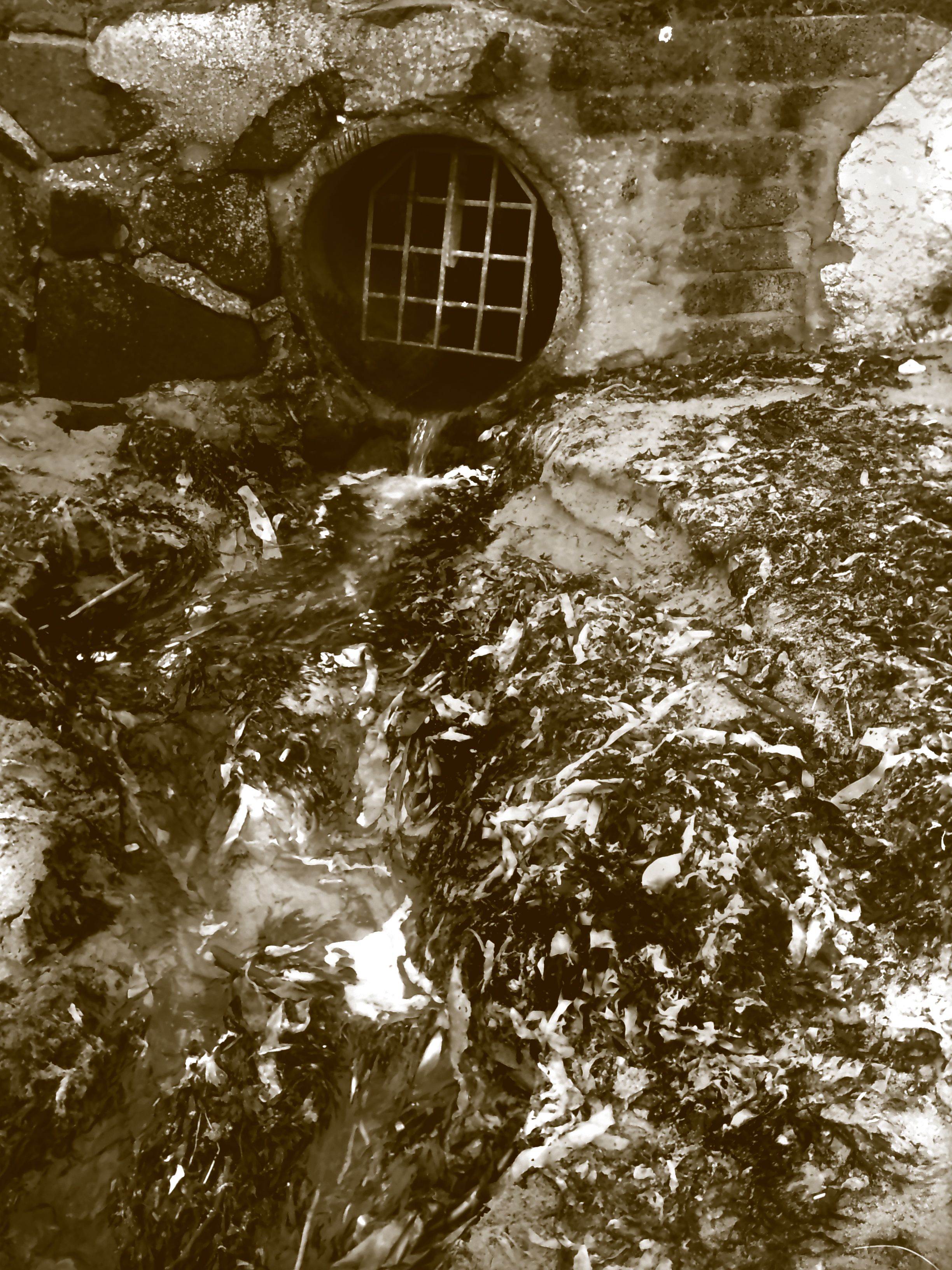

On 12th June 2023, the UK Government launched a consultation on expanding the Storm Overflows Discharge Reduction Plan to include all estuarine and coastal waters. Our High Court hearing from 4th to 6th July was seeking to compel the UK Government to expand its Plan to include these waters. The launch of this consultation is a great step in the right direction, and an opportunity to address sewage pollution in our seas.
We’re asking our community to respond to the consultation to ensure that our ocean is considered and included in the Plan. At the High Court in July, we continued to push for action on sewage pollution in our seas.
Click here for the latest updates.


It’s a bit of a catch-22 situation: the ocean can help us fight climate change, but it’s also being impacted by it in ways which reduce its ability to do so.
Ocean ecosystems are vital for regulating our climate and buffering the effects of a changing climate, but steady ocean warming – one of the effects of climate change – is impacting these ecosystems, plants and wildlife alike. In some instances, wildlife which would have been a regular sight in UK seas have begun to venture to more northerly, cooler waters. Similarly, we’re increasingly seeing non-native species, which are typically found in more temperate waters, coming to ours.
The ocean is a carefully balanced ecosystem, and although we’re currently aware of some of the impacts of climate change, such as rising sea levels, temperatures and ocean acidification, there are many more yet to be discovered. We must protect ocean habitats, like seagrass and kelp forests, which are vital carbon stores and buffers against extreme weather (also caused by climate change), so the ocean is able to help us fight the climate crisis.
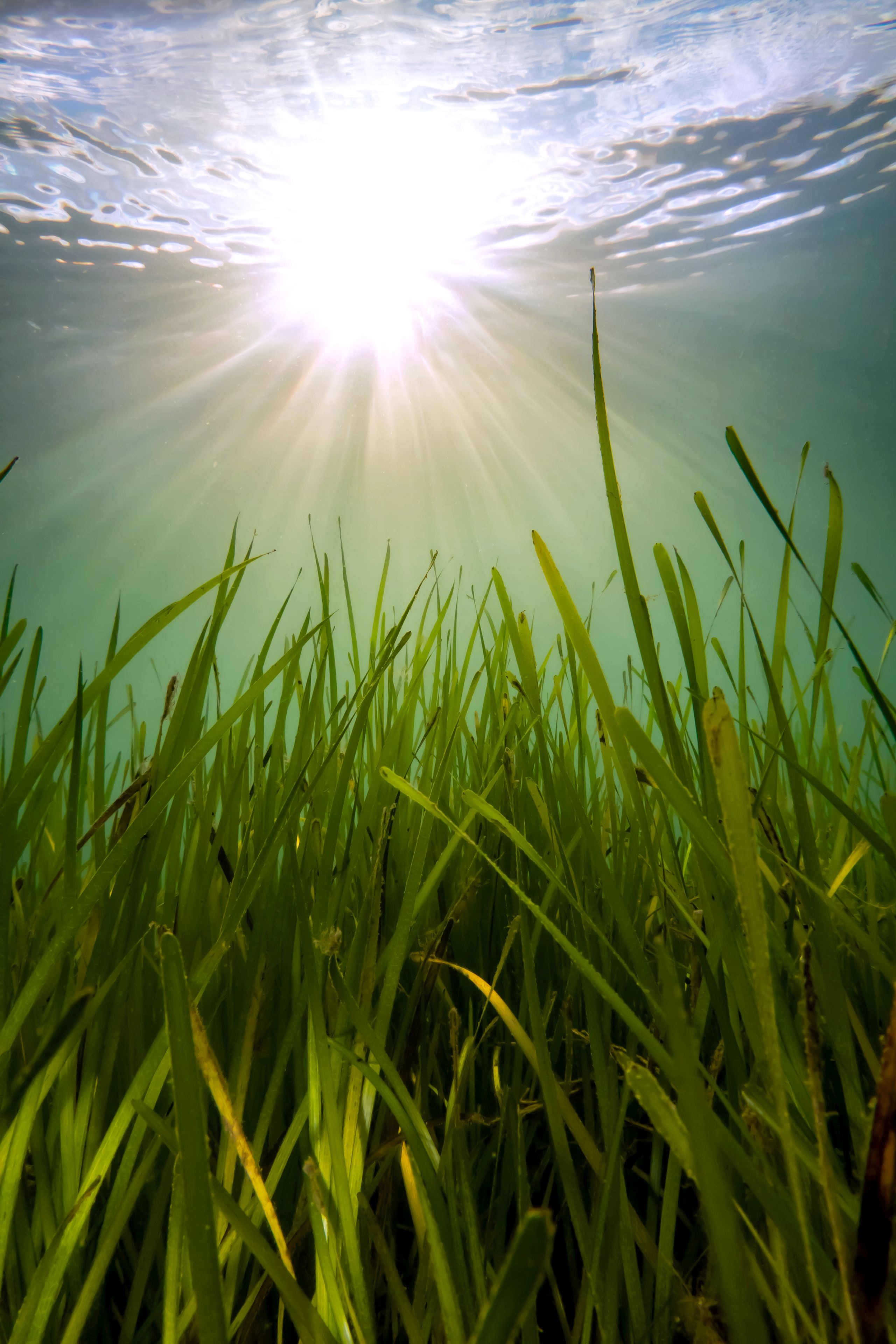

It’s a bit of a catch-22 situation: the ocean can help us fight climate change, but it’s also being impacted by it in ways which reduce its ability to do so.
Ocean ecosystems are vital for regulating our climate and buffering the effects of a changing climate, but steady ocean warming – one of the effects of climate change – is impacting these ecosystems, plants and wildlife alike. In some instances, wildlife which would have been a regular sight in UK seas have begun to venture to more northerly, cooler waters. Similarly, we’re increasingly seeing non-native species, which are typically found in more temperate waters, coming to ours.
The ocean is a carefully balanced ecosystem, and although we’re currently aware of some of the impacts of climate change, such as rising sea levels, temperatures and ocean acidification, there are many more yet to be discovered. We must protect ocean habitats, like seagrass and kelp forests, which are vital carbon stores and buffers against extreme weather (also caused by climate change), so the ocean is able to help us fight the climate crisis.


It’s all about light! When the sun gives off light, water absorbs colours in the red part of the light spectrum, filtering them out and leaving colours in the blue spectrum for us to see. If there is more sediment, for example, in certain parts of the sea, this will have an impact on the colour of the water – with light bouncing off different particles.
Sediment, ocean depth, and the presence of phytoplankton are all contributing factors, which can mean that the ocean takes on different shades in different places.
In regions with large amounts of phytoplankton, the ocean might appear more green, as phytoplankton absorb ‘red light’, which they use for photosynthesis, and reflect green light.
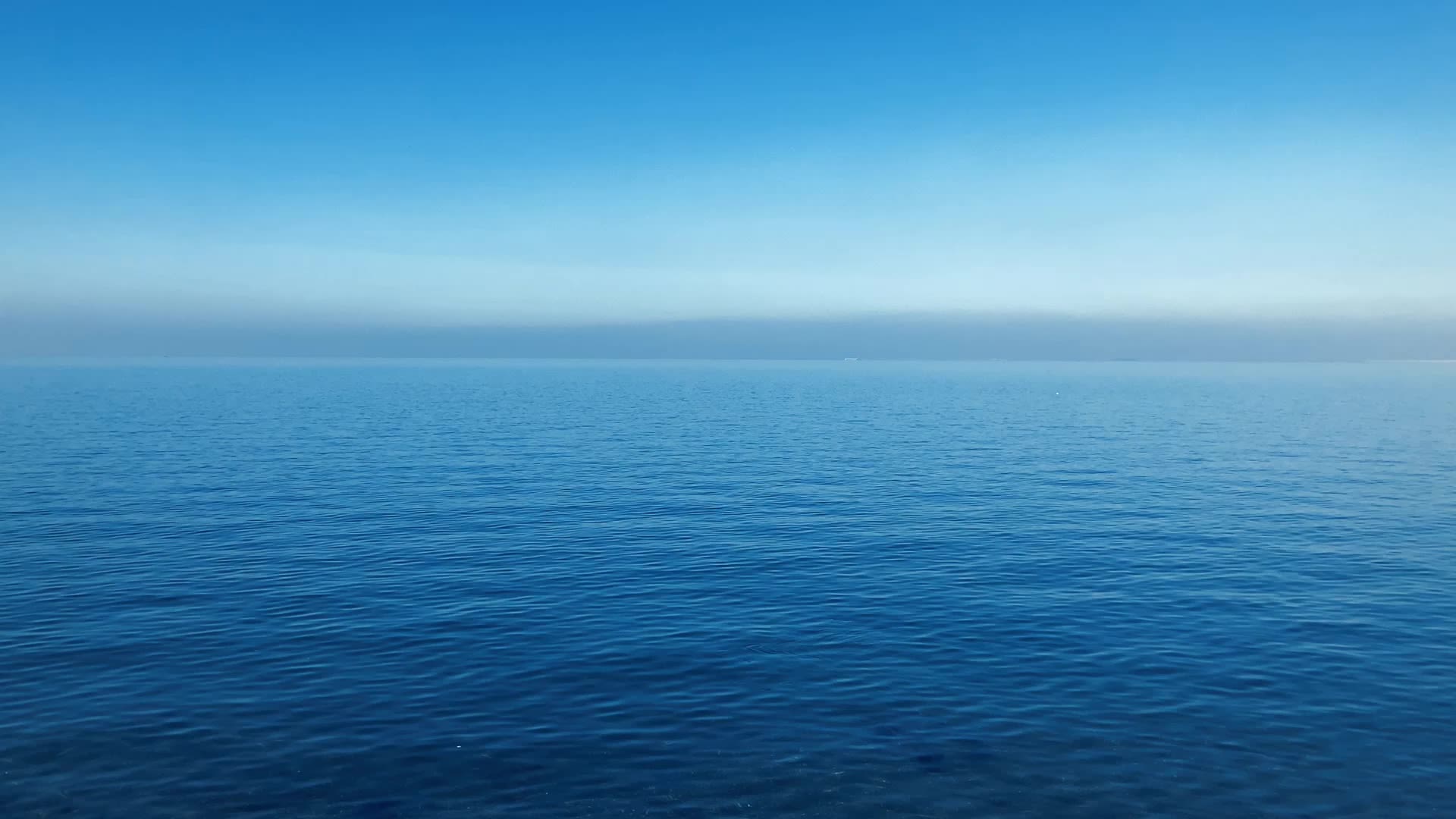

It’s all about light! When the sun gives off light, water absorbs colours in the red part of the light spectrum, filtering them out and leaving colours in the blue spectrum for us to see. If there is more sediment, for example, in certain parts of the sea, this will have an impact on the colour of the water – with light bouncing off different particles.
Sediment, ocean depth, and the presence of phytoplankton are all contributing factors, which can mean that the ocean takes on different shades in different places.
In regions with large amounts of phytoplankton, the ocean might appear more green, as phytoplankton absorb ‘red light’, which they use for photosynthesis, and reflect green light.


Of the seven most seen species of jellyfish in UK waters, most are harmless to humans. Barrel, blue and moon jellyfish have mild stings which shouldn’t be cause for concern. However, one or two species do have a painful sting including compass (pictured), lion’s mane and mauve stinger jellyfish. If you spend enough time at the coast, you’re bound to come across jellyfish.
While these awesome animals might send some people running for the hills, there’s no need to panic. We’d simply suggest to avoid touching them – even if they are washed up on the beach! And of course, if you do spot them, be sure to take a picture and share your sighting with us.
Send your ocean-related questions to membership@mcsuk.org and we’ll try to answer them in the next issue
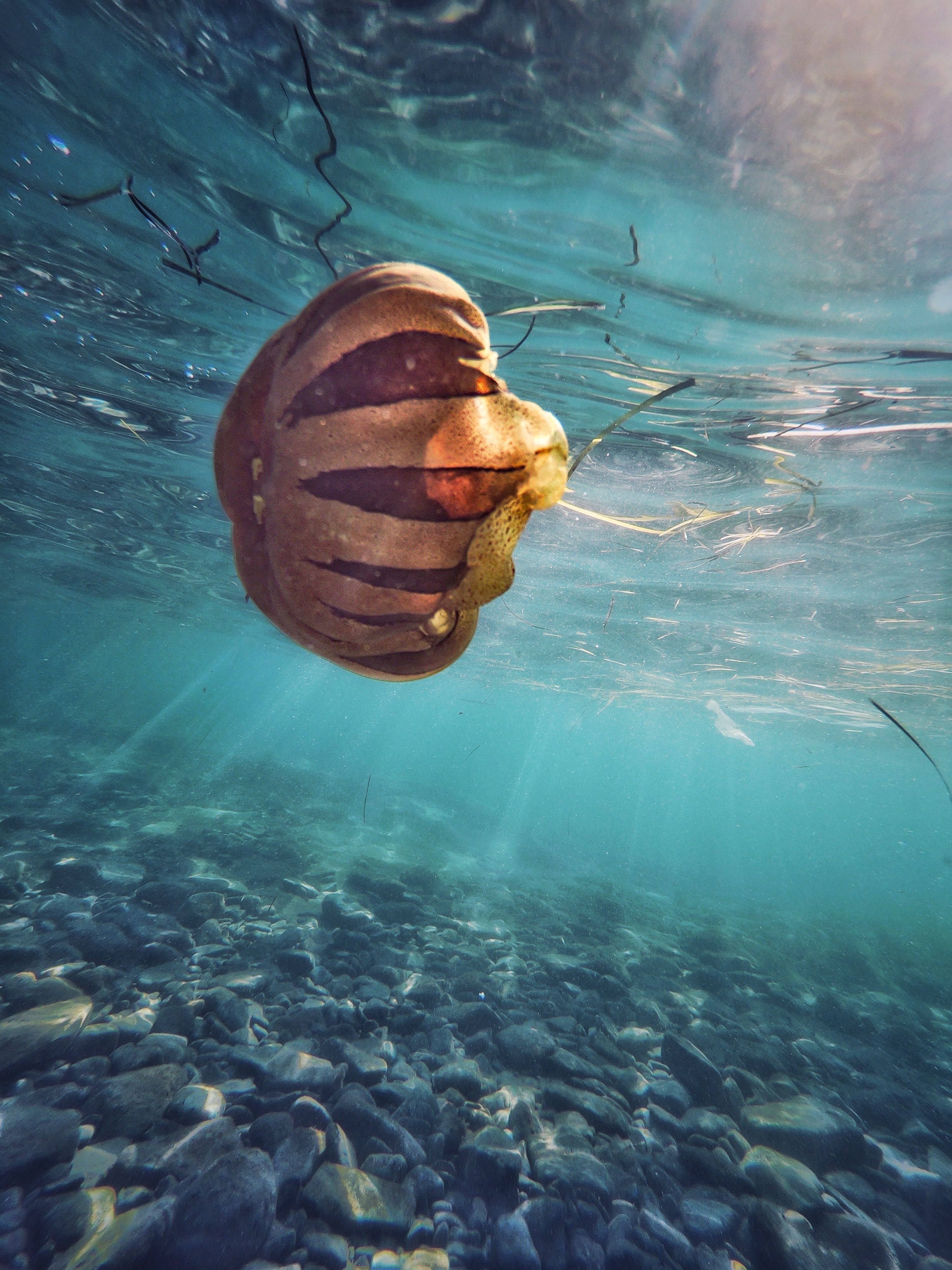

Of the seven most seen species of jellyfish in UK waters, most are harmless to humans. Barrel, blue and moon jellyfish have mild stings which shouldn’t be cause for concern. However, one or two species do have a painful sting including compass (pictured), lion’s mane and mauve stinger jellyfish. If you spend enough time at the coast, you’re bound to come across jellyfish.
While these awesome animals might send some people running for the hills, there’s no need to panic. We’d simply suggest to avoid touching them – even if they are washed up on the beach! And of course, if you do spot them, be sure to take a picture and share your sighting with us.
Send your ocean-related questions to membership@mcsuk.org and we’ll try to answer them in the next issue



